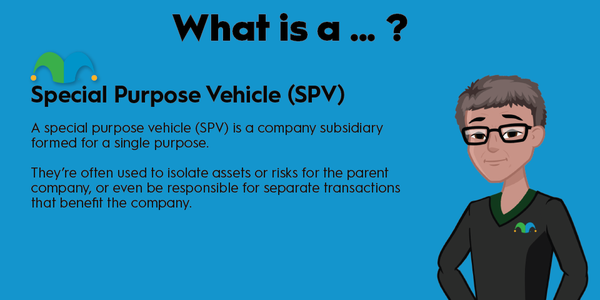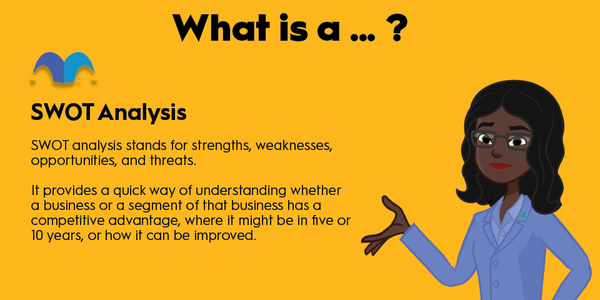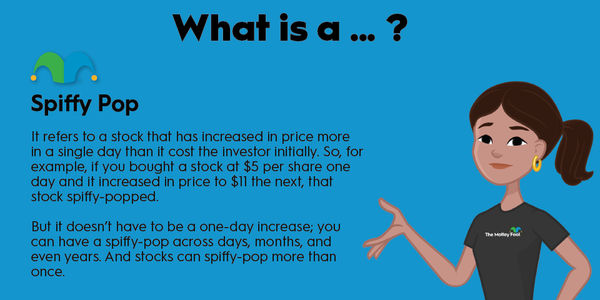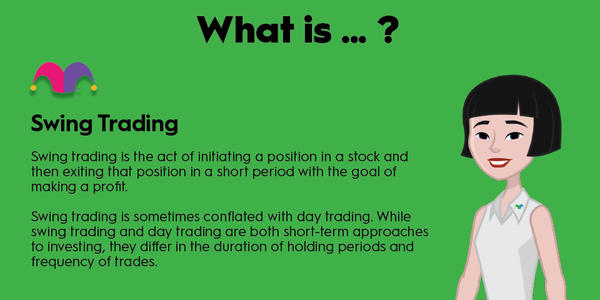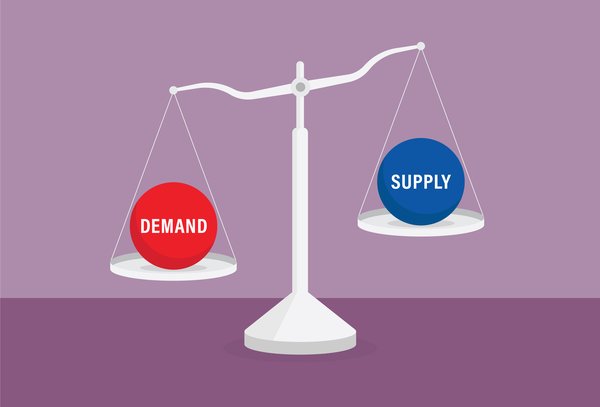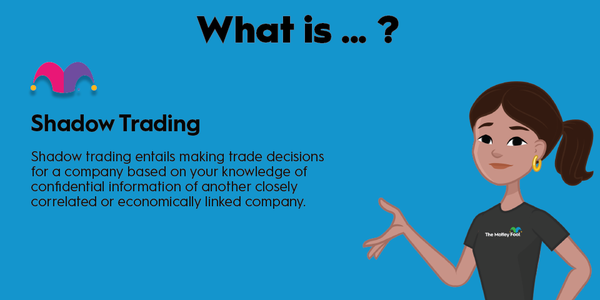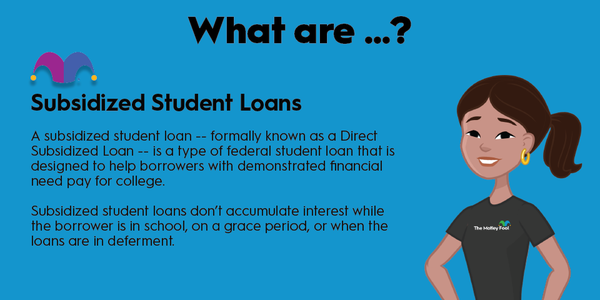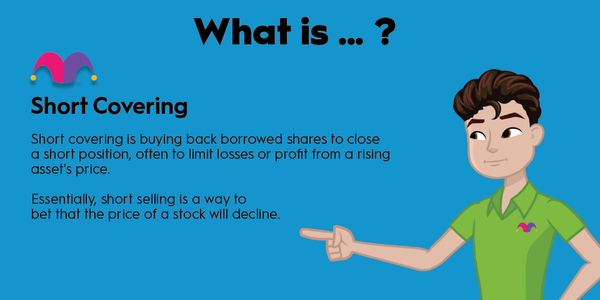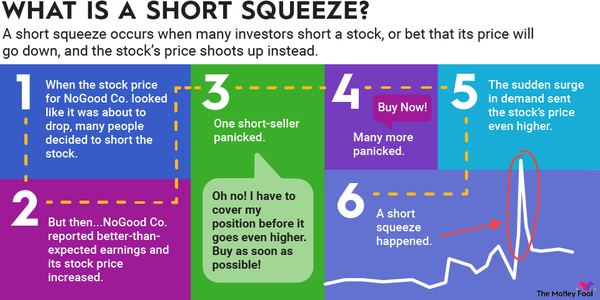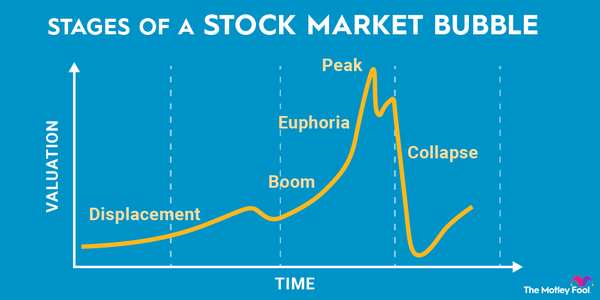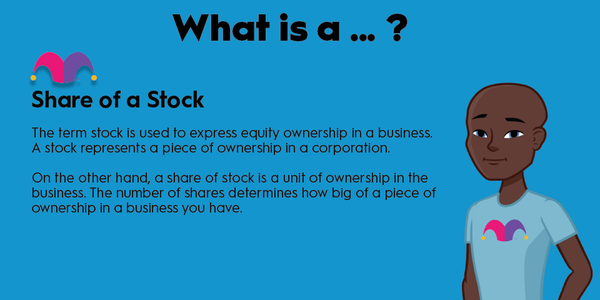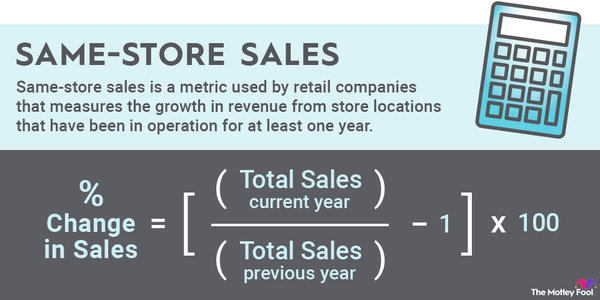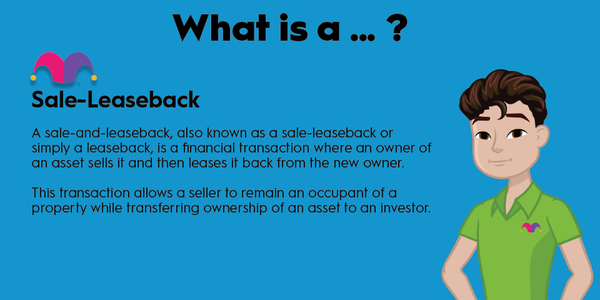When you inherit an asset, you receive what’s called a step-up in basis. A step-up in basis adjusts the original cost basis to the asset’s fair market value (FMV) at the time of the original owner’s death, which can result in major tax savings if you’re the heir. Keep reading to learn what a step-up in basis is and when you might receive one.
What is a step-up in basis?
Cost basis is the amount you pay to purchase an asset, whether it’s a stock, bond, mutual fund, or a piece of real estate. When you sell the asset, your cost basis determines whether you have capital gains and losses; it determines the amount of taxes you’ll pay on the transaction.
But when you inherit an asset, you typically receive a step-up in basis. A step-up in basis is an adjustment to your cost basis to the asset’s fair market value on the date of the owner’s death.

For example, suppose your grandmother paid $50,000 for a beachfront condo in the 1980s. You inherit the condo when she dies. By that point, it has a fair market value of $500,000. If you sold the condo for $500,000, you wouldn’t owe capital gains taxes, even though you’re now $500,000 richer. Or suppose you hold onto the condo and then sell it for $525,000. You’d only owe taxes on $25,000 ($525,000-$500,000). As you can see, a step-up in basis can produce a serious tax break if you inherit assets that substantially appreciated before the owner’s death.
Note that a step up in basis doesn’t apply to gifts made during the donor’s lifetime. If your grandmother gifted you that condo she paid $50,000 for when she was still alive, your cost basis would be $50,000.
What is the alternative valuation date?
In some cases, the executor of the estate may opt to use the alternative valuation date, which is the fair market value of the asset six months after the person’s death. The only reason this would occur is if the executor believes the asset will depreciate in the near future and is trying to reduce estate tax liability.
If that occurs, it would lower your cost basis, leading to potentially higher capital gains taxes. However, given that estates worth less than $12.92 million are shielded from estate taxes in 2023, that’s something you probably don’t have to worry about if you inherit an asset.
The step-up in basis is controversial because it amounts to a huge tax break for wealthy families.
Why is step-up in basis controversial?
The step-up in basis is controversial because it amounts to a huge tax break for wealthy families. People with wealth can afford to pass assets to their heirs, who can hold them and let their value appreciate more, sometimes passing them to future generations. When this occurs, heirs can inherit huge amounts of wealth while paying very little in taxes.
Proponents argue, though, that a step-up in basis avoids double taxation since the heir would owe taxes both on the appreciation during the original owner’s lifetime, as well as the appreciation following the transfer. Supporters also contend that determining the fair market value at the time the original owner acquired the asset can be difficult for assets that were held for many decades or even longer.
There have been several failed efforts to reform or eliminate the rules around the step-up in basis for inherited assets. Most recently, President Biden has proposed several reforms to the rules surrounding stepped-up bases. As of this writing, however, none have become law.
Example of a step-up in basis
Suppose your uncle had the foresight to buy one Class A share of Berkshire Hathaway (BRK.A -0.76%) stock in 1980, paying just $375 for his single share. He leaves the stock to you in his will. When he died in 2022, the share was worth $500,000.
Suppose you sold the share shortly thereafter for $505,000. You’d only owe capital gains taxes on the $5,000 appreciation of the stock since your uncle’s death. Conversely, if you held the stock a bit longer and sold it for $490,000, you’d have a $10,000 capital loss. You’d be able to use up to $3,000 to offset capital gains and other income and carry forward the remaining $7,000 to offset income in future years.
However, if your uncle had gifted your stock during his lifetime, your cost basis would be $375. No step-up in basis would apply. If you sold the share for $500,000, you’d have a $499,625 capital gain.

